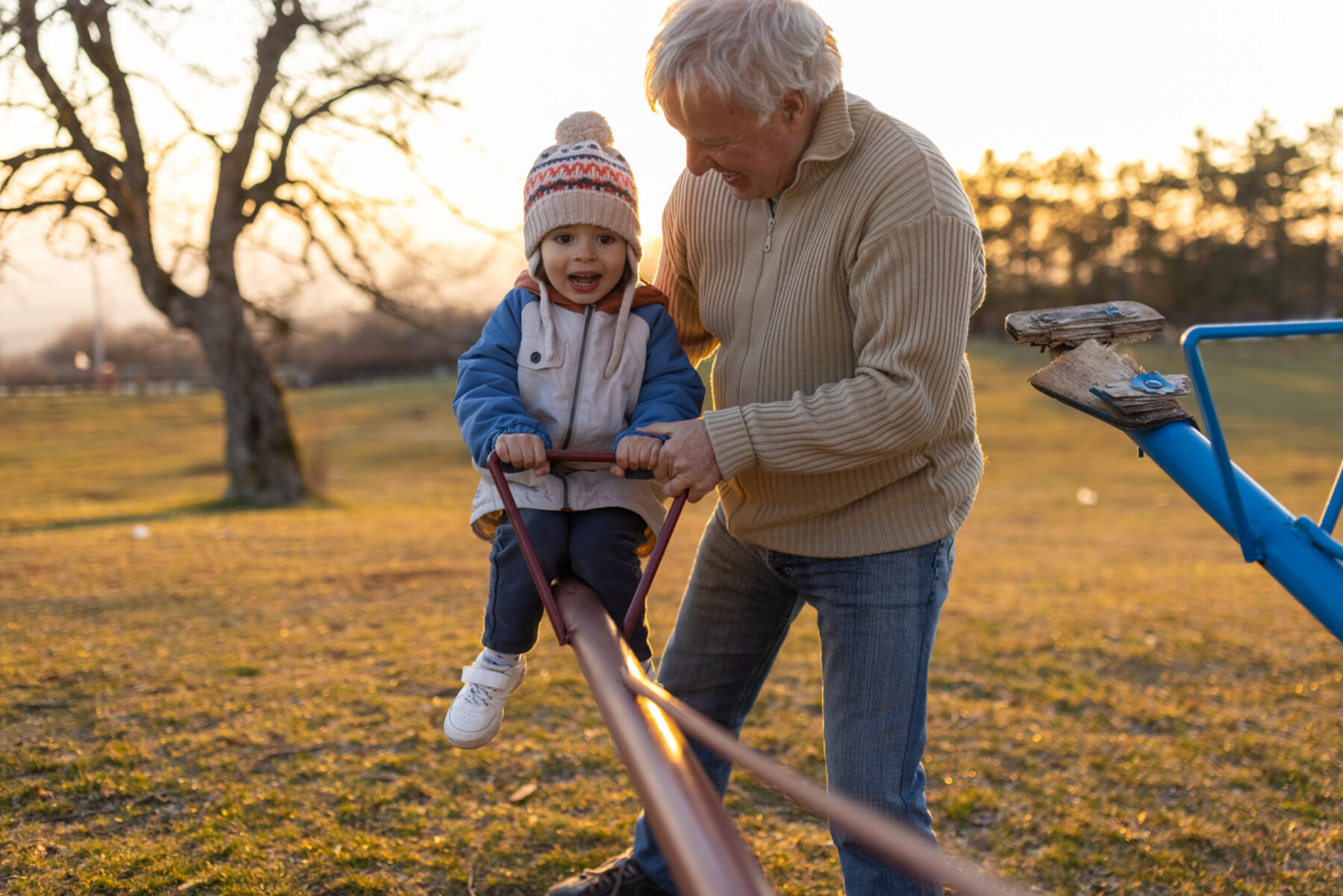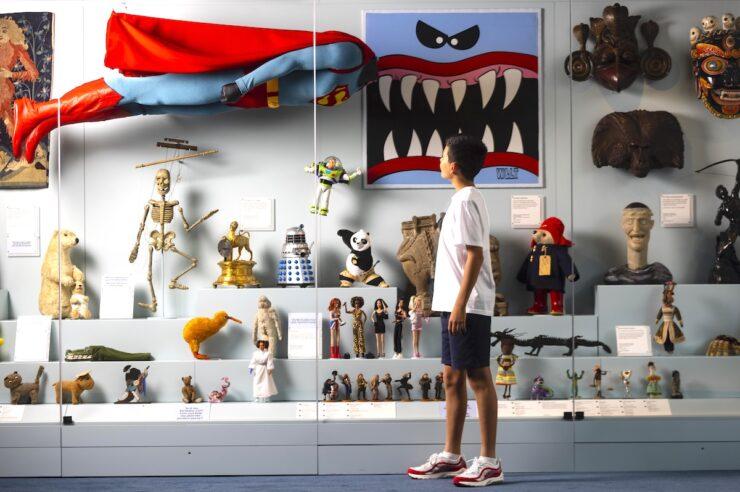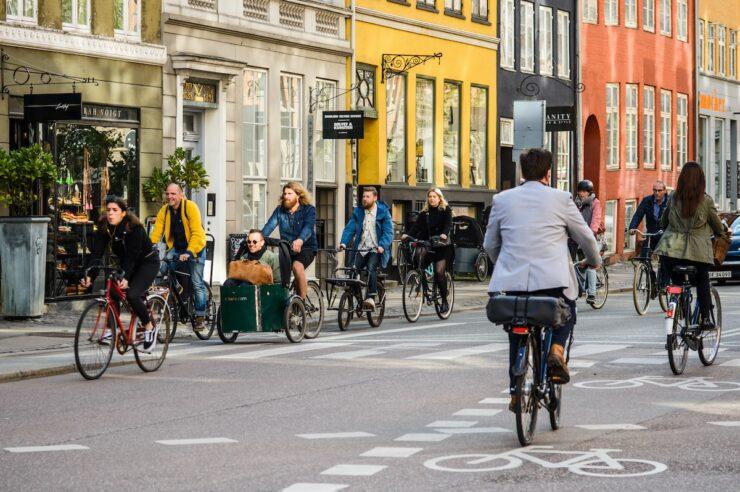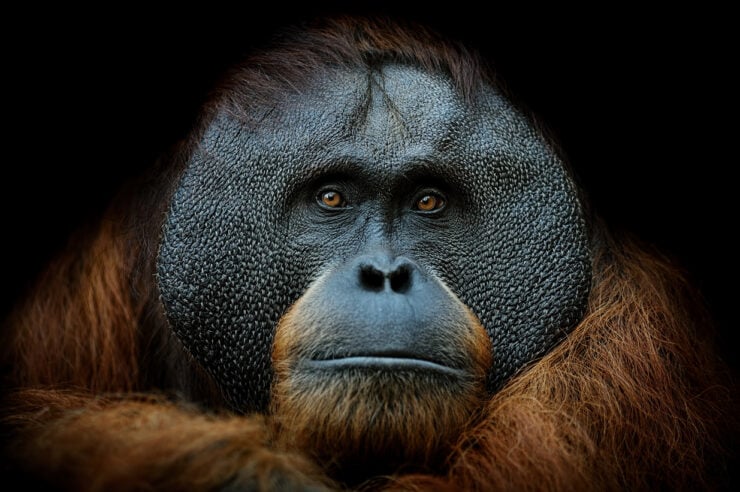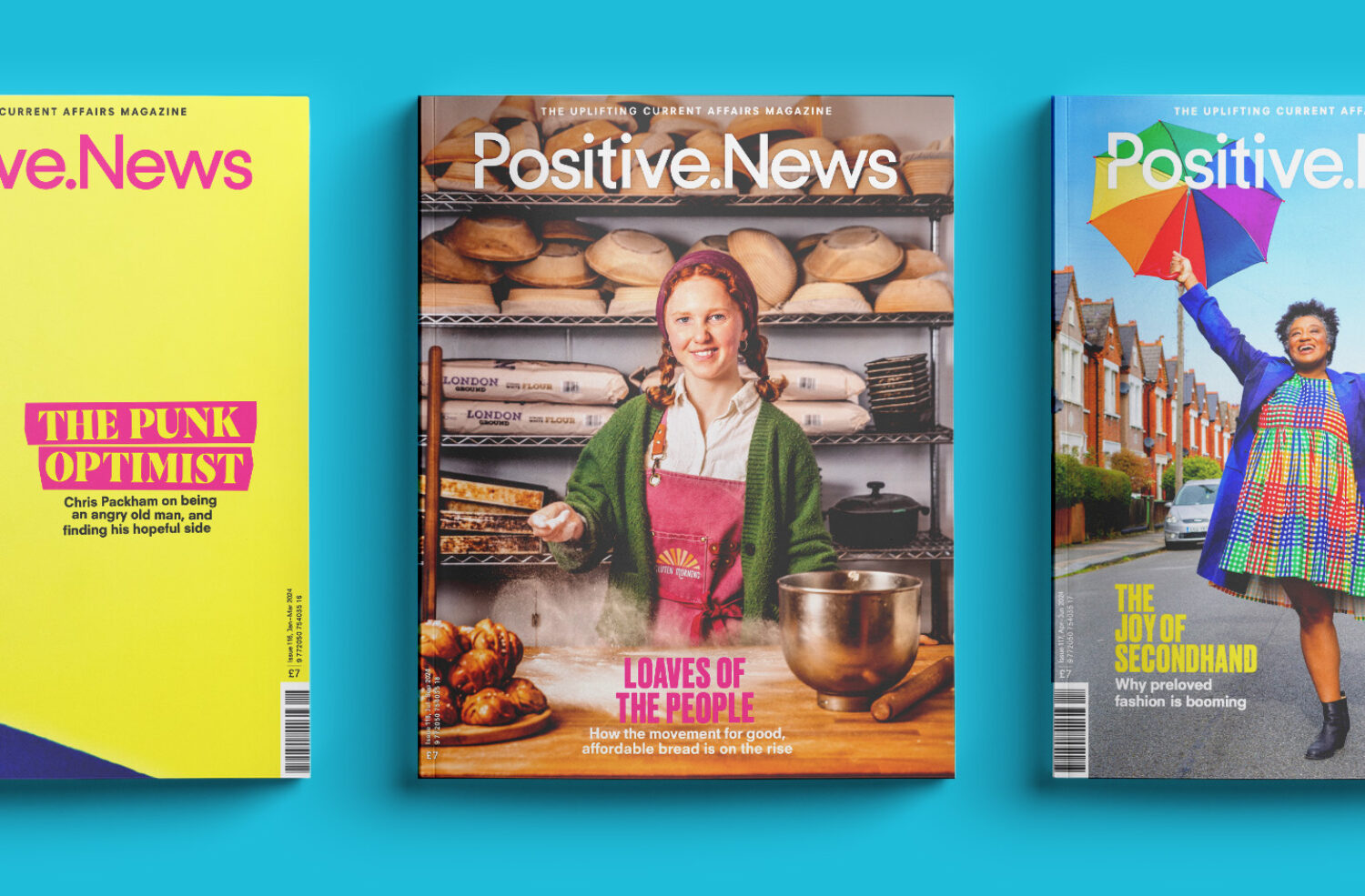Sweden let grandparents take parental leave, a critically endangered species turned up in Ireland, and there was progress against cancer, plus more good news
This week’s good news roundup
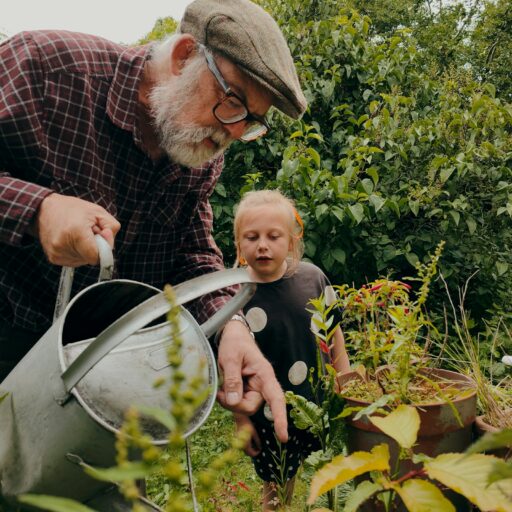
Sweden has long pioneered policies that benefit families. Now the Scandinavian nation has gone even further by introducing paid parental leave for grandparents.
Under a new law, a parent couple will be able to transfer up to 45 days’ of their parental leave to a grandparent (for single parents it’s 90 days).
Sweden has a long history of pioneering family policies. It was the first country to introduce paid parental leave for fathers in 1974. It’s also famously generous with its allowance, with both parents together getting 480 days’ leave per child: 390 paid at full salary and 90 paid at 180 kroner (£13 per day).
Alexandra Wallin of Sweden’s Social Insurance Agency said that the new law will “give greater opportunities” to families.
Image: OPPO Find X5 Pro
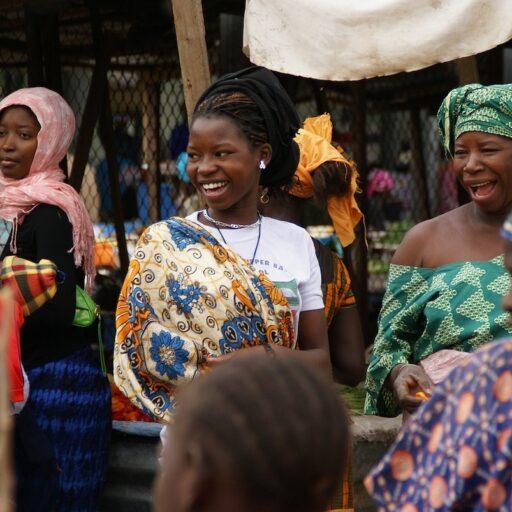
Politicians in the Gambia have voted to uphold the country’s ban on female genital mutilation (FGM), heading off an attempt by hardliners to repeal the law.
The ban was introduced to the west African nation in 2015, amid opposition from some Muslim clerics. According to Uniccef, a humanitarian aid organisation, Gambia has the ninth-highest rate of FGM in the world.
“Although we regret attempts by campaigners to try and overturn the ban, we are pleased to see politicians live up to their commitments to end FGM,” said Binta Ceesay, women’s rights manager at the charity ActionAid Gambia.
“Since FGM was banned nearly a decade ago, we have made encouraging strides in ending the practice, but it has not been enough. After voting to uphold the ban, we encourage politicians to redouble their efforts in ending this form of violence against women and girls forever.”
- Read more: Life after: FGM
Image: Hnijssen
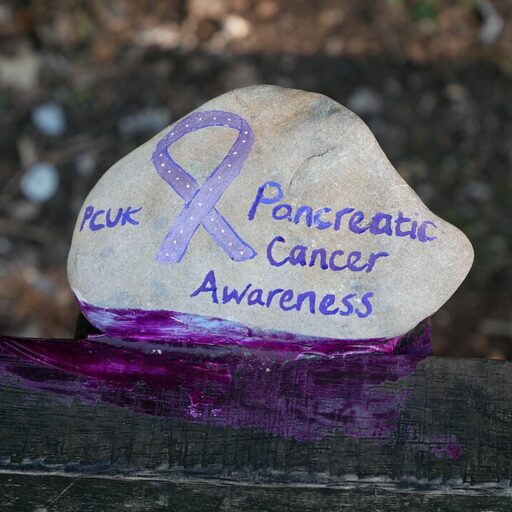
Scientists have hailed a potential breakthrough in the quest to cure one of the deadliest forms of cancer.
Researchers from the UK and US have discovered that pancreatic cancer can “significantly shut down” a tumour-suppressing gene – known as HNF4A – allowing the cancer to spread and grow.
Pancreatic cancer is one of the deadliest forms of the disease, killing almost 10,000 people each year in the UK alone. Fewer than 7% of people who are diagnosed with the disease live beyond five years.
“Not only have we uncovered the tumour-suppressive role of HNF4A, but also how it is switched off from the very early stage of the disease,” said lead researcher Dr Maria Hatziapostolou, a scientist at Nottingham Trent University’s John van Geest Cancer Research Centre, England.
“We hope that this new understanding … will help to pave the way for new therapeutics to help fight the disease.”
Image: Doyle of London

Home testing kits for signs of cervical cancer have been hailed a “gamechanger” following an English trial.
Almost 30,000 women who were overdue screening were sent a DIY test to check for human papillomavirus (HPV), which can lead to cervical cancer.
The pilot was led by King’s College London, which said that rolling out the tests nationwide could enable more than one million at-risk women to participate in cervical screening over the next three years.
“Self-sampling has been hailed as a gamechanger for cervical screening and we now have evidence in a UK population to show that it really is,” said lead investigator Dr Anita Lim. “Cervical screening participation has been falling in England. It is crucial that we make cervical screening easier by introducing innovations like self-sampling … to help protect more people from this highly preventable cancer.”
Self-sampling has already been introduced in The Netherlands, Australia, Denmark and Sweden.
Image: Vitaly Gariev
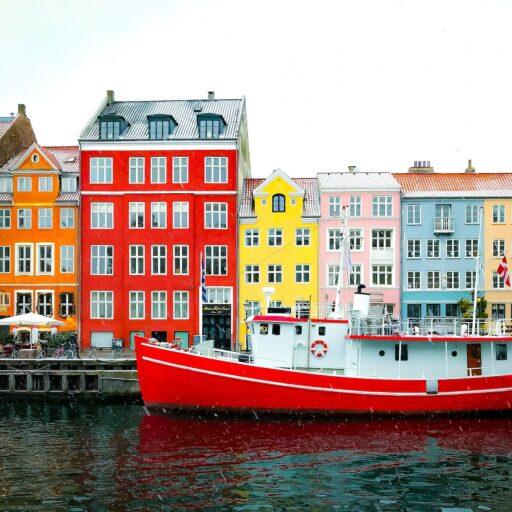
Tourists have received a frosty reception in some European hotspots this summer. In Barcelona, they’ve been sprayed with water and in Mallorca they’ve been urged, via the medium of graffiti, to go home. But Copenhagen? Well, it’s offering to get the beers in for visitors.
It’s part of a new initiative dubbed CopenPay, which aims to entice climate-conscious holidaymakers to the Danish capital. Under the scheme, visitors who use bikes, bring their own re-usable coffee cups, and help to collect rubbish, among other things, will get rewards, including free ice cream and cocktails.
“We’re empowering people to experience more of what Copenhagen offers while placing less burden on our planet,” said Mikkel Aarø Hansen, CEO of Wonderful Copenhagen, the city’s tourism organisation. “It’s about creating meaningful and memorable experiences that are enjoyable and environmentally responsible.”
Meanwhile, Munich – home of Oktoberfest beer festival – has announced plans to open an alcohol-free beer garden to offer people an alternative to getting sozzled in the sun on strong lager.
Image: Maksym Potapenko
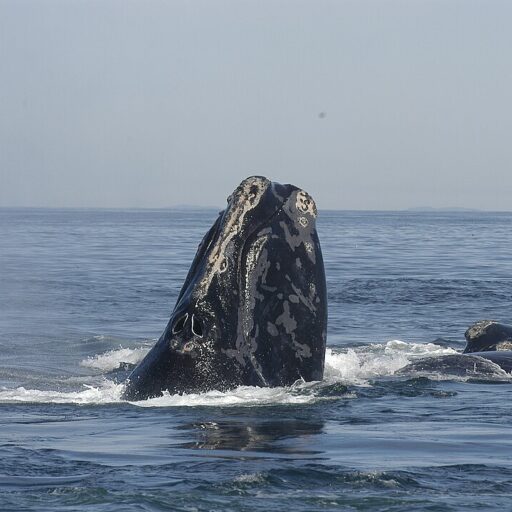
Conservationists are elated and a little mystified after a critically endangered North Atlantic right whale was spotted in Donegal Bay, Ireland.
The species was hunted to oblivion in Irish waters and has not been seen in the region for more than a century – until a holidaymaker filmed one this week.
There are thought to be fewer than 400 North Atlantic right whales left in the world, and those that remain generally live off the eastern coast of the US and Canada.
“The outlook for their survival isn’t good, as both ship strike and entanglement in fishing gear remove individuals from a dwindling population annually,” said Pádraig Whooley, sightings officer for the Irish Whale and Dolphin Group.
However, this week’s sighting, while mysterious, offered a “glimmer of hope” for the beleaguered species, said researcher Dr Conor Ryan.
Image: Moira Brown/New England Aquarium

“As fit as a food scientist’s dog,” said nobody, ever. But soon they might do after the UK became the first European nation to approve lab-grown pet food.
Cultivated meat is grown from cells without the need to raise and slaughter animals. Studies show that it’s far less carbon and water intensive than regular agriculture and frees up land for nature. But critics claim that its production is hard to scale and could impact farmers.
It’s estimated that a fifth of the meat produced globally is fed to pets. Meatly, the first firm cleared to sell lab-grown pet food in Europe, expects samples of its product to go on sale this year, and will “start scaling production to reach industrial volumes in the next three years”.
“Today marks a significant milestone for the European cultivated meat industry,” said Owen Ensor, Meatly’s CEO. “Pet parents are crying out for a better way to feed their cats and dogs … in a way that is kinder to our planet and other animals.”
Image: Victor Grabarczyk

Would-be students will no longer have to write a personal statement to get into university in the UK, as part of attempts to “level the playing field” for applicants.
Writing a 4,000-character statement has long been a requirement for those looking to go to university. But this week the Universities and Colleges Admission Services (UCAS) announced that applicants would instead have to answer three questions on why they want to study their chosen course and how they are prepared for it.
The body said the new format, due to come into effect in 2025, aims to encourage more applicants from disadvantaged backgrounds to apply to higher education. The move follows UCAS’ decision last month to waive the university application fee for students eligible for free school meals.
Image: Brooke Cagle

Plans are afoot to revive a ‘lost’ Welsh rainforest on a former sheep-grazing site.
Rainforests used to cover much of the west coast of Britain, but only fragments remain. Efforts to restore them have ramped up in recent years and this week came news of a new rainforest restoration project at Trellwyn Fach in Pembrokeshire.
The 146-acre site – equivalent in size to around 80 football pitches – will be planted with broadleaf trees, providing a corridor between existing fragments of rainforest.
“This site is ideally situated in the Gwaun valley, already connected to Celtic rainforest remnants and giving us the opportunity to buffer and extend this amazing habitat,” said Sarah Kessell, chief executive at the Wildlife Trust of South and West Wales, which is leading the project.
The initiative is being funded by the insurance firm Aviva. Other rainforest restoration projects have been announced in Devon, north Wales and the Isle of Man.
Image: Wildlife Trust of South and West Wales

Athletes with kids will be relieved to see something new in the Olympic village for this year’s games: a nursery.
The first-of-its kind facility marks a step change in the way parents are catered for at the event. The International Olympic Committee (IOC) said it hopes the nursery will “open conversations” about the challenges athletes face juggling parenthood with their careers.
Allyson Felix, the most decorated female track and field Olympian ever, helped pioneer the nursery.
“I knew how difficult it was to compete at the top level after I had my daughter, and some practical things were really hard,” she said. “So, when I joined the Athletes Commission of the IOC, I really wanted to be that voice for athlete mums, and just take away one less thing for them to worry about in the pressure of competition.”
Image: Jason Sung
Main image: Miodrag Ignjatovic/iStock
Get your weekly fix of good news delivered to your inbox every Saturday, by signing up to the Positive News email newsletter.
Be part of the solution
Positive News is helping more people than ever to get a balanced and uplifting view of the world. While doom and gloom dominates other news outlets, our solutions journalism exists to support your wellbeing and empower you to make a difference towards a better future.
But our reporting has a cost and, as an independent, not-for-profit media organisation, we rely on the financial backing of our readers. If you value what we do and can afford to, please get behind our team with a regular or one-off contribution.
Give once from just £1, or join 1,400+ others who contribute an average of £3 or more per month. You’ll be directly funding the production and sharing of our stories – helping our solutions journalism to benefit many more people.
Join our community today, and together, we’ll change the news for good.
